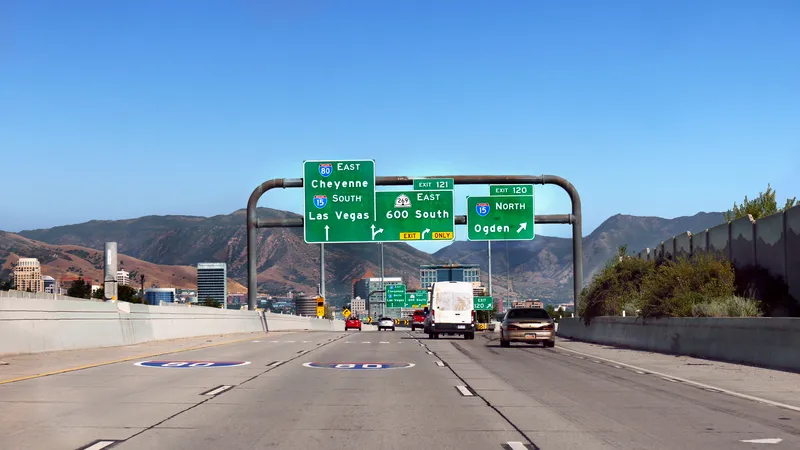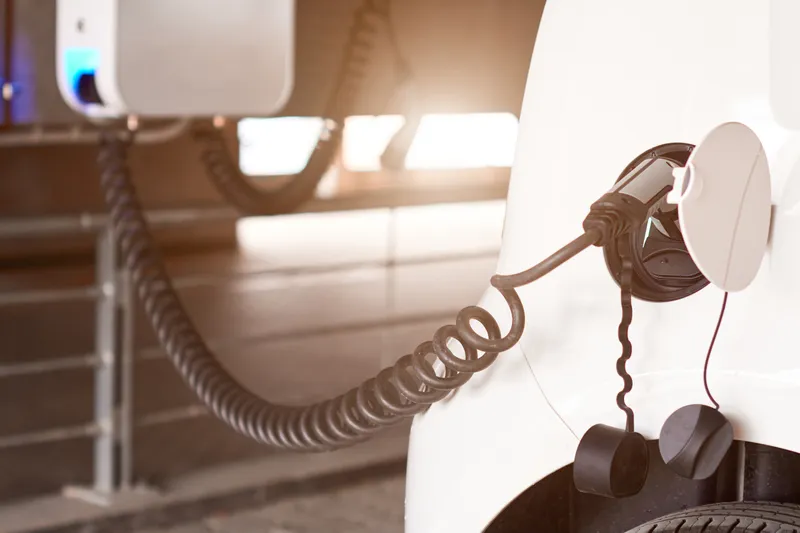
The Utah Department of Transportation (UDoT) has published a report with a plan to enroll all registered vehicles in a road usage charge programme by 31 December 2031.
The programme was launched in January 2020 as an alternative to the state fuel tax to create more sustainable funding for the US state's transportation system.
It is based on a 'user pays' principle, charging drivers a fee based on miles driven rather than fuel purchased.
UDoT says the health of Utah's transportation infrastructure has been in jeopardy for years as the state fuel tax, which helps fund the US state's transportation system, fails to keep pace with funding needs.
Additionally, the growth of electric vehicles and highly fuel-efficient vehicles, including gas hybrids and plug-in electric hybrids, has led to the decline of revenues per mile driven.
These factors have left the fuel tax incapable of producing enough revenue to support adequate investments in the transportation system, the department adds.
Utah Road Usage Charge Report explores the appropriate pace of expansion for the current road usage charge programme. It also provides a menu of options for policymakers, including the opportunities and challenges of different implementation scenarios, and serves as a policy roadmap and toolbox rather than a business case.
The two expansion scenarios presented include Scenario A (mass implementation with manual odometer reading only) and Scenario B (phased implementation with technology-reliant mileage reporting).
A summary of each scenario's opportunities and challenges shows that A is the fastest to implement, collecting the most revenue.
However, it does not complement the current road usage charge programme and results in “limited future policy levers”.
This scenario would also require extensive public engagement by 2024 to successfully educate and enroll the two million eligible vehicles.
The report describes Scenario B as a “tempered approach” that could prove less risky while also complementing the current road usage charge programme.
It would also allow more time for education to reach target vehicle owners with 570,000 eligible vehicles in 2024 and a more gradual expansion over eight years.
The UDoT insists the expansion of the programme should include what it calls a two-year ramp-up period.
According to the department, this will allow time to implement communication and engagement strategies with the public and allow the agencies time to prepare for the expansion to minimise operational issues.
During this period, the current programme would continue to grow as the fleet gradually transitions to more alternative fuel vehicles or would continue to increase the flat fees imposed on these vehicles.
This two-year window should be used to properly develop and test changes and enhancements to the required road usage charge systems to increase overall programme success.










